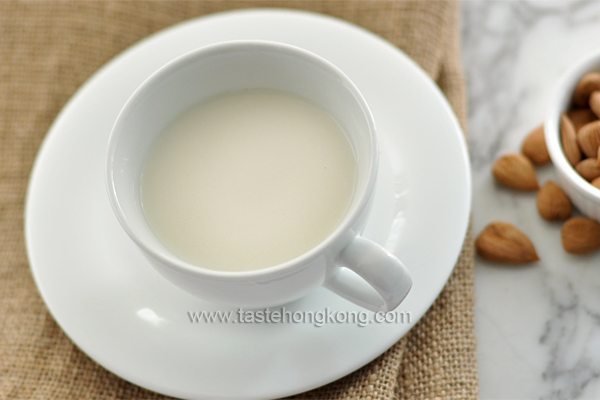
Almond tea was one of those fine foods the imperial families in the older days enjoy eating, folklores said. They also said that the imperial concubines loved to eat this for keeping their skin supple and glowing.
Nowadays, almond tea 杏仁茶 is often served as a dessert, a sweet drink. It can be made solely from Chinese sweet almonds (aka south almonds), or with the addition of rice for a creamier texture, the traditional way.
It contains no processed leaves but is called a tea because in some cases, tea also means a drink in Chinese.
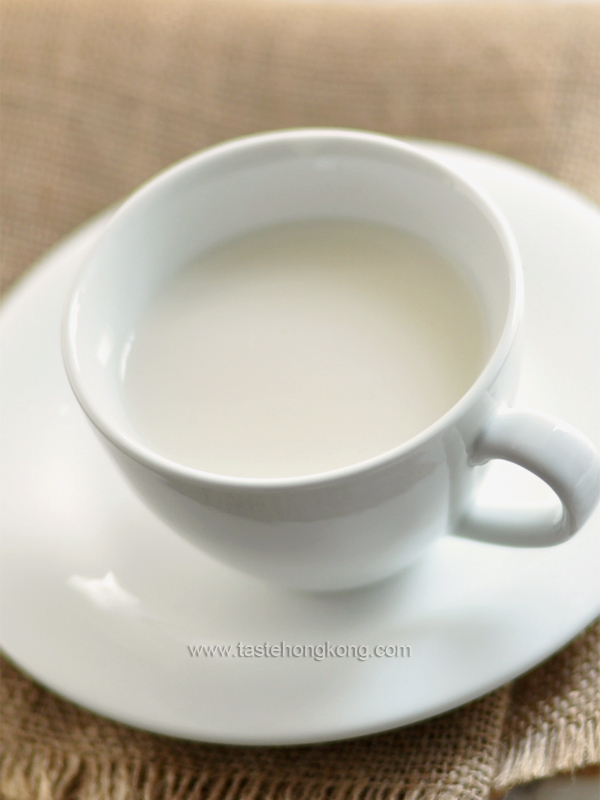
Making almond tea, like preparing soybean milk, is all about soaking the kernels, grinding them with water, and finally straining out the juice. In this recipe, we also add rice, sticky rice to be specific. You may also use white rice for a thinner texture or brown rice for a healthier choice.
For further variation, also try the almond milk (without rice) in papaya, a steamed way.
With or without rice, it is still a dairy-free drink, packed with pungent almond flavor.
Skinning Chinese sweet almonds could be as easy as skinning chestnuts. Or, you may also opt for those already skinned. Check it out at stores selling Chinese dried foods or dried herbs. Mind you, ask for sweet almonds (南杏) not bitter almonds (北杏).
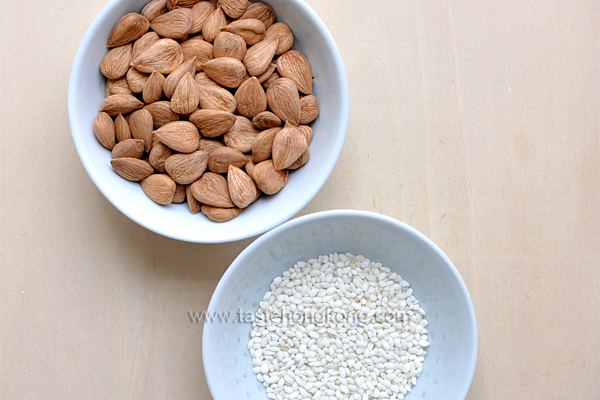
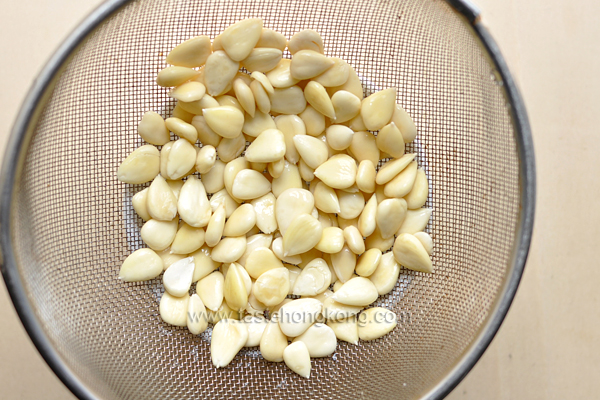
- Ingredients
- 100g Chinese sweet almonds (apricot kernels aka south almonds)
- 40g glutinous (aka sticky) rice
- ~3C water
- ~30g rock sugar, or to taste
Method
To skin almonds, blanch them in boiling water for about a minute and immediately drain the kernels in a colander and rub off their skins with a towel (like this).
Wash sticky rice. Soak it in water for about 3 to 4 hours or according to instructions (wash and soak skinned almonds too, about an hour or two). Discard water.
Pulse rice and almonds with water in a food processor until finely ground, about half to one minute. Line colander with a muslin or fine clean cloth; place the colander over a bowl or pot to catch the liquid, strain juice from the pulp (photos) as much as possible.
Pour the juice into a pot, filling it only half full because the almond milk will turn frothy and may spill. Then cook it over medium to low heat until it reaches a boil, stirring occasionally; you may add some more water for a thinner consistency. Add sugar, and simmer until dissolved.
Serve hot or chilled (I like it hot).
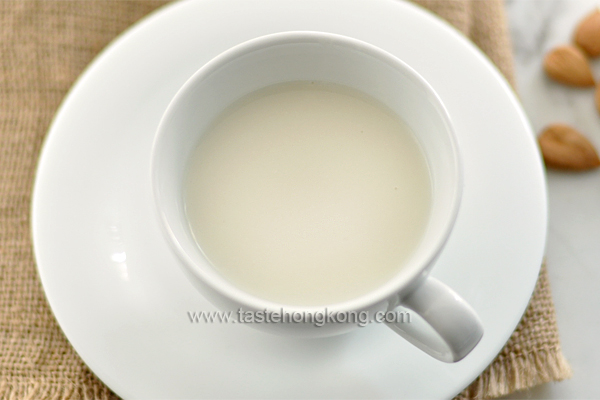
Enjoy!
- Category: Featured . Nut and Seed .
- 34 comments
To get immediate updates and new recipes from my blog, you may also SUBSCRIBE them via RSS feeds. See you there.
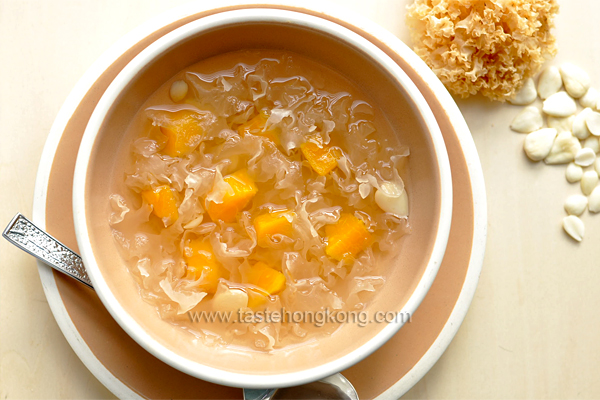
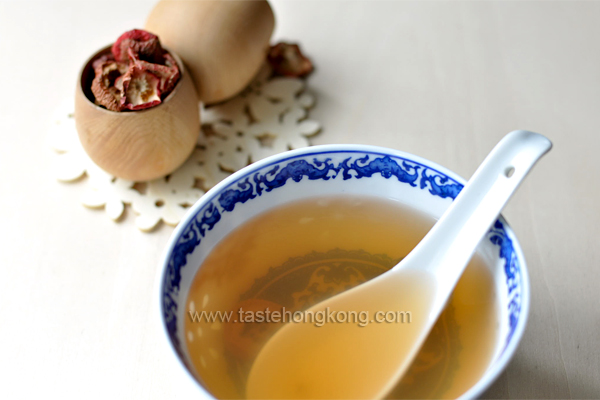
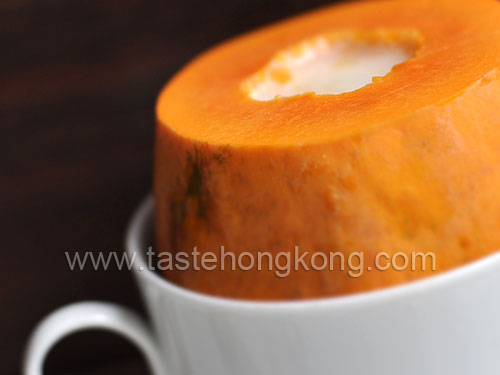
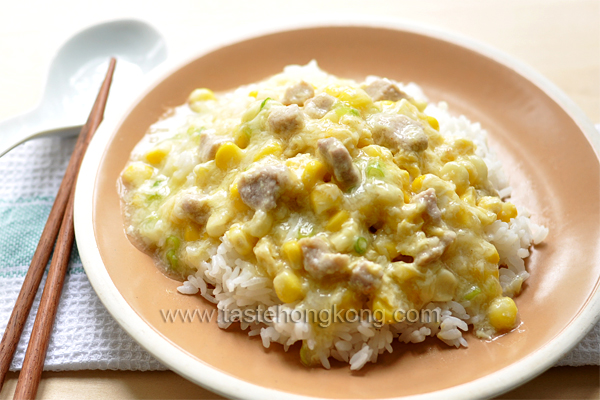
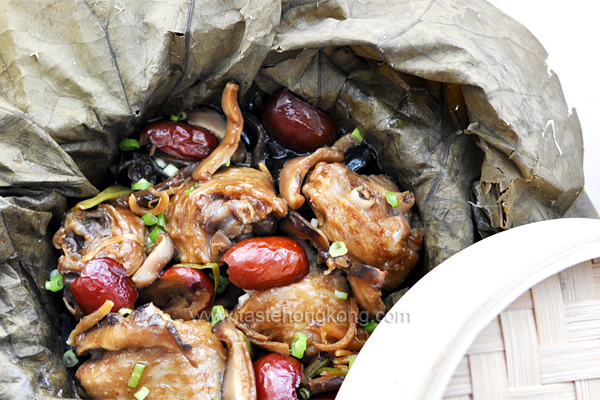
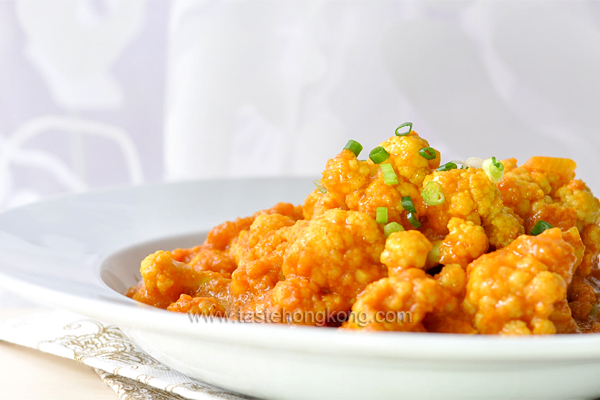
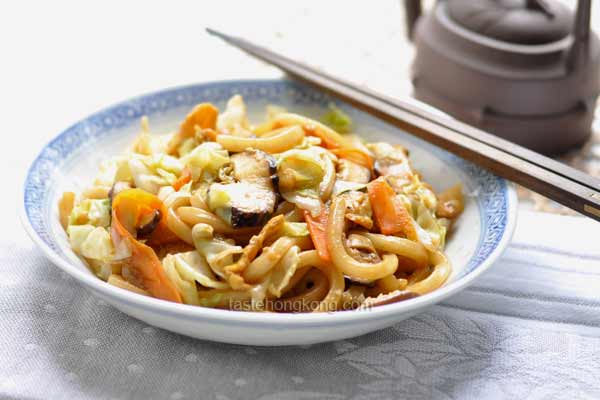
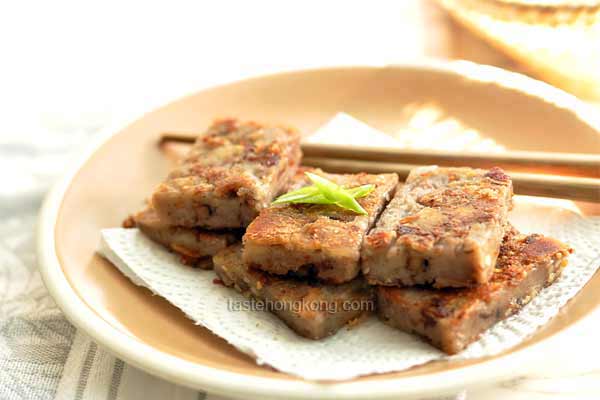
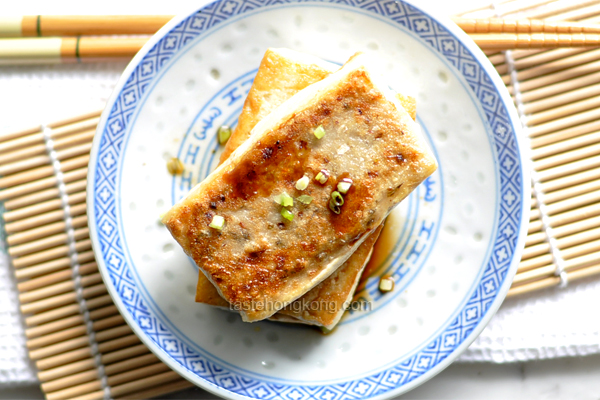
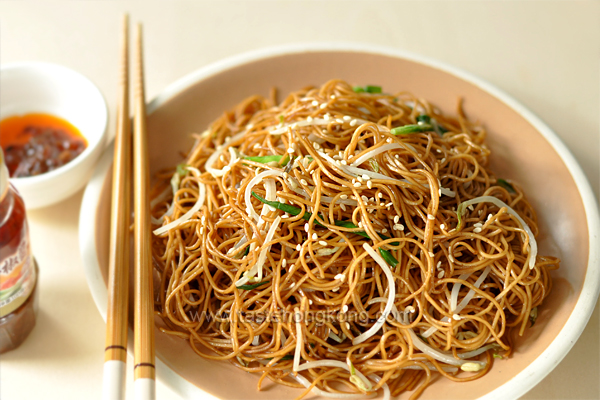



yum! nothing beats home-made almond tea, it’s very nourishing 🙂
to keep skin glowing and supple? wow, everybody loves that..then we dont need SKII..LOL! but seriously, appreciate your post on this..cos i hv no idea of how to make this chinese almond tea! the tea in your pic looks so pure!
Wow I never had fresh made almond tea…but I can almost smell it and tastes it…so fragrant and elegant.
Beautiful pictures as always…hope you are having a great week 🙂
I love almond tea but have never tried to make at home. Thank you for sharing this great recipe 🙂
I bet that I would like this hot too! It sounds delicious
I have never tried almond tea, this is great!
I am not so good with almonds – those almonds (nuts) that we usually snack on are bitter almonds (北杏) right? But I have seen these nuts being soaked in water, then with the help of the food processor and strained , then made into almond milk.
Some people do not like the smell of almond tea/milk but not me, definitely!
oooooh lovely!! neeed to stock up on nam hung and make this drink, it’s one of my favourite childhood drinks. coming back to HK in 2 wks and will make a shopping trip for the list you made for me 🙂
@tigerfish,
I’m afraid we rarely snack on Chinese sweet almond (南杏) or bitter almond (北杏). Perhaps the ones you mentioned are of the U.S.A. origin : ).
@Lucy L,
Hope you enjoy your trip back and have fun shopping : )! If possible, choose the sweet almonds with skins on because, during storage, they shall retain more of their natural goodness than those skinned.
Yeah, the Chinese almond smell so much different from the common ones. Stronger! Yours looks really tempting.
Have a great weekend.
Kristy
My dad will love this Chinese Almond Tea 🙂 but unfortunately I don’t really like the smell lol but thanks for sharing!
@Daisy@Nevertoosweet,
I see. Perhaps it is one of the healthy foods that are acquired tastes : ).
This sounds delicious! I’m interested in this variety of almonds. I’ve not come across it before. I will have to keep my eye out for them here!
I used the love the almond gelatin desserts so will have to try this one!
(I mean I used TO love — and still do!)
I read somewhere that this variety of almonds could be inedible, I mean poisonous, when eaten in large quantities. What do you think of that ? I actually never had this drink before, but if it’s not harmful, I’d gladly give it a shot !
I’m glad that you ask. I believe the one you read about is the bitter almond not this sweet almond. That is why, both for this and for the previous recipe, ‘ask for sweet almonds (南杏) not bitter almonds (北杏)’.
Thank you for your replies and your advices. I’m going to experiment with all that (I finally got the sichuan preserved vegetable too…) ! I also wanted to compliment you for your website : I’m totally addicted to it, since it’s full of beautifully executed traditional asian recipes and of culinary discoveries – at least for me… It’s sometimes pretty hard to find the ingredients here in France, but your recipes are mostly easy to realize and so successful that I have no regrets about it !
@Helena,
You are welcome, and thanks for the compliments! I feel good to know that the recipes are helpful to you.
Thanks for posting this rare recipe. Almond teas are usually found in tea houses, but you gave us this one to let us do the favourite on our own. Nice pictures also!
[…] Via Taste of Hong Kong […]
I’m so glad to find this recipe, thanks a lot.
@Teresinha Noronha,
Enjoy!
[…] Additional information from: http://www.tastehongkong.com/recipes/chinese-almond-tea-traditional-style/ […]
Is this the same almonds that you’d find with other snacking nuts (cashews, brazil nuts, macadamia nuts, peanuts) at the grocery store? I’m wondering if I could make this recipe with ingredients commonly found at my local stores?
[…] creme… I was quite curious as to what it would smell like. The creme itself smells a lot like Chinese Almond Tea, which is a Chinese dessert traditionally made from almond meal blended with water to make a really […]
May I ask what is “~3C water”? Is that 3 cups of water? Thanks
@SC,
Yes, about 3 cups of water.
Enjoy!
[…] creme… I was quite curious as to what it would smell like. The creme itself smells a lot like Chinese Almond Tea, which is a Chinese dessert traditionally made from almond meal blended with water to make a really […]
Yummy! Will be lovely with dough fritters! ! That’s what I usually go for in Penang.
Taste, if I’m using vitamix and grinding to super fine, do I need to strain? Can I just keep all the “jaah”? Will that be gross? Thnx! Also how do you add that yummy egg white u get in restaurants?
@Sabina,
Not sure what exactly restaurants do, for home-style cooking, egg whites are usually beaten and add to the boiling almond tea (make sure to stir it constantly to avoid scorching) that has been sweetened with sugar. It is quite a personal preference as how many egg is enough, you may try using one egg white for 2 cups of almond tea.
By the way, I don’t own a vitamix.
[…] Chinese almond tea – traditional style | hong kong food […]